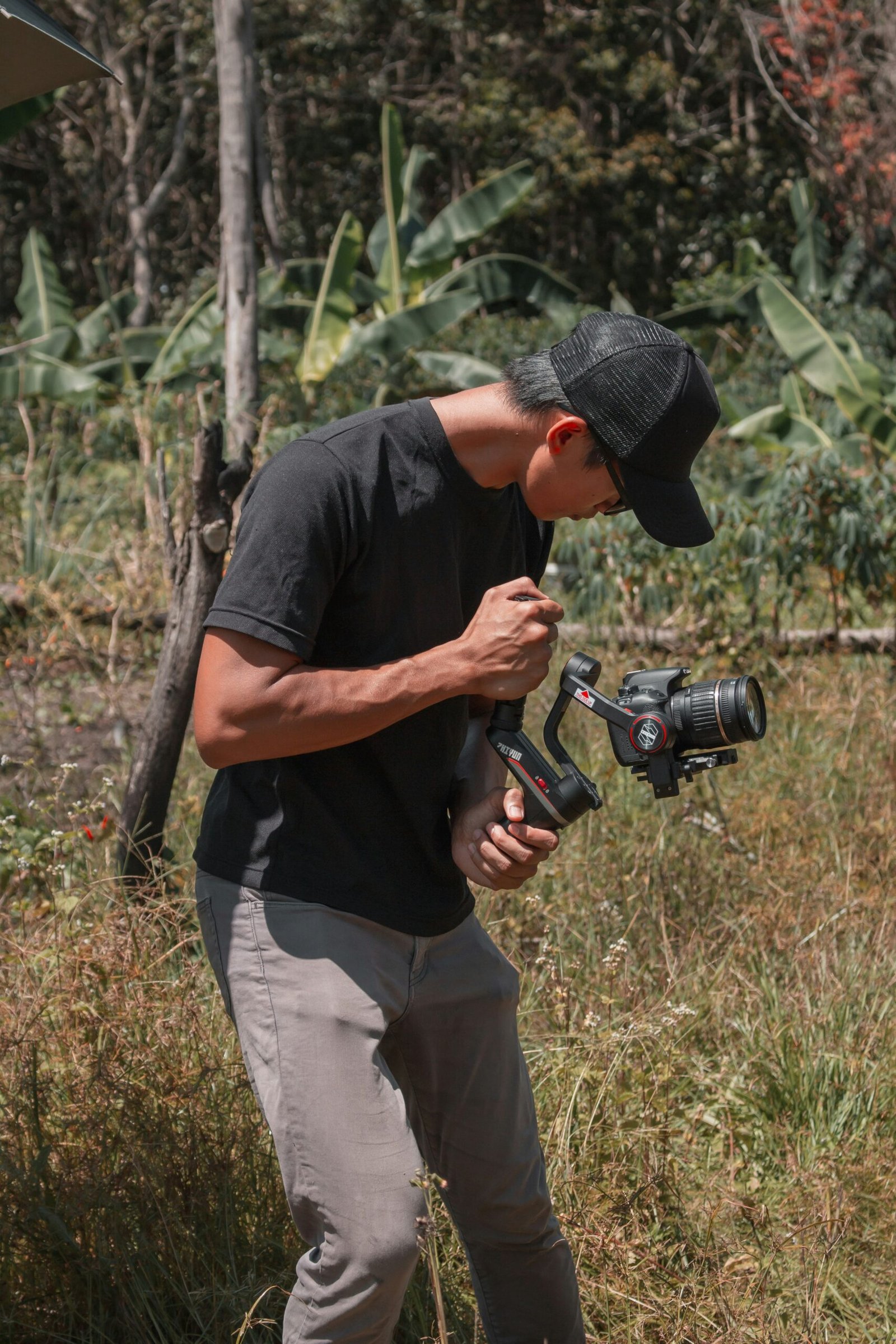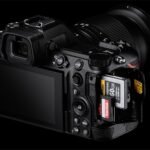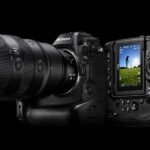Bird photography is a challenging yet rewarding genre that requires a keen eye, patience, and technical skills. Capturing the beauty and grace of birds in their natural habitats is not only a test of your photography skills but also your ability to connect with nature. Whether you’re an amateur or professional photographer, there’s always room for improvement in bird photography. In this blog post, we’ve compiled 20 expert tips that will help you master the art of bird photography and take your skills to the next level. So grab your camera and get ready to soar high with these invaluable insights!
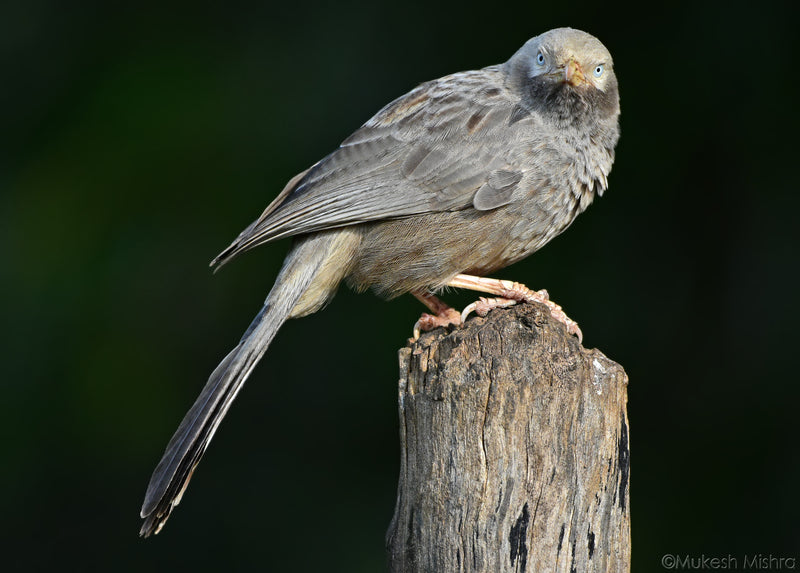
Understanding the Basics: 20 Tips for Bird Photography
Bird photography can be a challenging but rewarding pursuit for photographers of all levels. To get started, it’s important to have the right equipment. A telephoto lens with a focal length of at least 300mm is recommended to get close-up shots of birds without disturbing them. It’s also important to choose the right camera settings. Shooting in aperture priority mode with a wide aperture (low f-stop number) can help create a shallow depth of field and blur the background, making the bird stand out.
When photographing birds, it’s important to be patient and observant. Scouting locations where birds are known to frequent can increase your chances of capturing great shots. It’s also important to be aware of your surroundings and avoid disturbing the birds or their habitats. When shooting, try different angles and perspectives, such as shooting from below or above the bird, or capturing them in flight.
Lighting is another key factor in bird photography. Shooting during the golden hours (early morning or late afternoon) can provide soft, warm light that enhances the colors and details of the bird’s feathers. It’s also important to pay attention to the direction and quality of light, avoiding harsh shadows or blown-out highlights.
Finally, post-processing can help enhance your bird photos even further. Basic adjustments such as cropping, exposure, and white balance can improve the overall look of your photos. More advanced techniques such as sharpening and noise reduction can help bring out fine details in feathers.
By following these tips and practicing regularly, you’ll be well on your way to mastering the art of bird photography!
The Ultimate Guide to Mastering Bird Photography: 20 Expert Tips
Bird photography is a unique and challenging genre that requires patience, skill, and the right equipment. To master it, you need to understand not just the basics of photography but also the behavior of birds. Here are 20 expert tips for capturing stunning bird images:
- Research your subject: Learn about the habitat, behavior, and movements of birds in your area.
- Invest in good equipment: Get a camera with high resolution and fast autofocus lenses.
- Use a tripod or monopod: This helps stabilize your shots and reduces blur from shaky hands.
- Know your settings: Adjust aperture, shutter speed, and ISO settings based on lighting conditions.
- Experiment with different angles: Shoot from different positions such as eye level or above/below for unique perspectives.
- Practice patience: Birds move quickly so be prepared to wait for the perfect shot.
- Anticipate their movements: Watch how they fly or perch to predict their next action/pose.
- Study light direction and quality: Position yourself according to where light hits the bird best (side/back/front)
- Use shallow depth-of-field for portraits: Focus on eyes while blurring out distracting backgrounds
- Frame carefully – avoid a cluttered background
- Choose early morning hours & evening hours during the winter months
- Shoot in RAW format – Post-processing flexibility
- Pay attention to color contrast – use complimentary colors around them
- Getting down low- shooting at ground levels sometimes gives interesting compositions
- Picture stylistics- silhouette can make more impact than regular picture
- Exposure mode- Manual exposure mode provides more control over pictures
- Try black & white photos
- To freeze motion use faster shutter speeds
- Cleaning up the background using photo editing software will let the focus stay longer on the bird
- Multiple Shots- As it’s difficult subject take multiple shots
Capturing the Perfect Shot: 20 Tips for Bird Photography
When it comes to capturing the perfect shot of a bird, patience is key. Take your time and wait for the right moment to snap the photo. Lighting is also crucial in bird photography. Try to shoot during the golden hours of sunrise and sunset when the light is soft and warm. Use a fast shutter speed to freeze the bird’s motion and prevent blur. It’s important to get down to eye level with the bird for a more intimate and engaging shot. Use a tripod or monopod to stabilize your camera and reduce camera shake. Composition is also important in bird photography. Use the rule of thirds to create a balanced and visually appealing image. Lastly, don’t be afraid to experiment with different angles, perspectives, and focal lengths to capture unique and stunning photos of birds in their natural habitat.
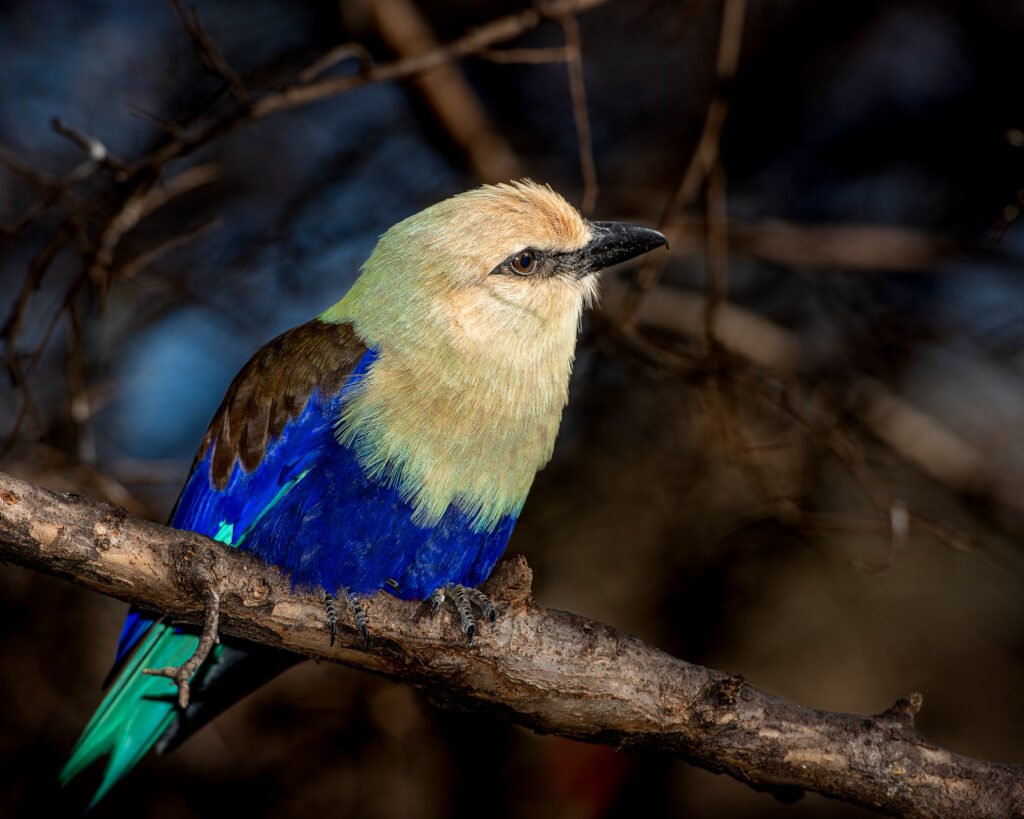
From Novice to Pro: 20 Expert Tips for Bird Photography
As a newcomer to bird photography, it’s important to understand that it takes practice and patience to capture stunning images. Learning about your camera settings is one of the first things you should do. Experiment with different modes, shutter speeds, and apertures until you find what works best for each shot.
Another important aspect is getting comfortable with your equipment. Whether you’re using a DSLR or mirrorless camera, invest in gear that suits your needs and learn how to use it properly. This includes understanding how lenses work and which ones are best for capturing birds at various distances.
It’s also crucial to develop good fieldcraft skills. This means learning how to move silently through nature reserves or parks so as not to disturb the birds’ natural habitat while still getting close enough for a great shot.
And finally, don’t forget about post-processing techniques such as cropping or adjusting exposure levels in programs like Lightroom or Photoshop. With these 20 expert tips under your belt, you’ll be well on your way from novice photographer to pro birder!
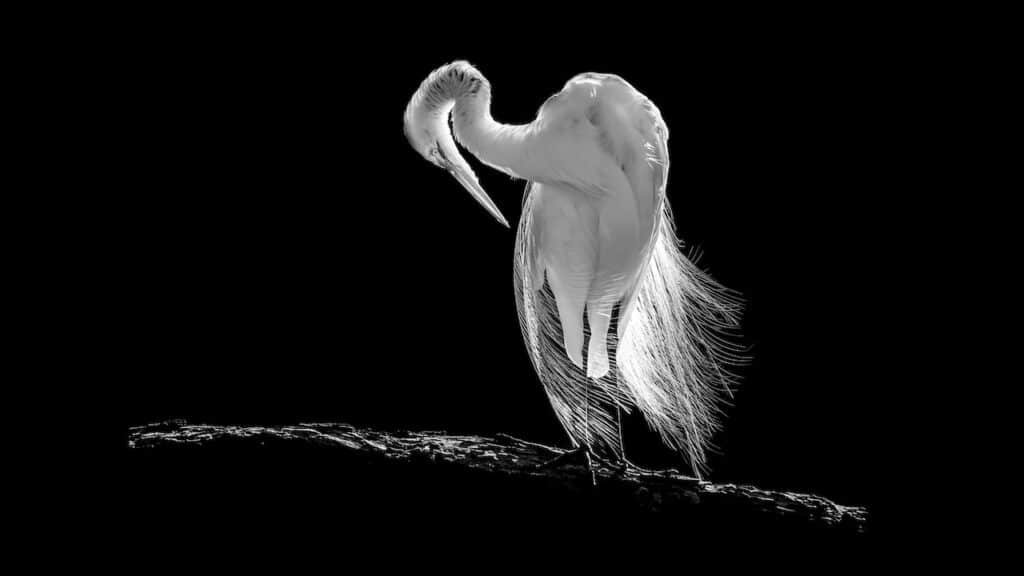
How to Take Stunning Photos of Birds: 20 Tips from Professional Photographers
Taking stunning photos of birds requires a combination of technical skills, patience, and creativity. To help improve your bird photography game, we have gathered 20 tips from professional photographers in the field.
- Know Your Gear: Take time to understand your camera settings, lenses, and other equipment you’ll be using for bird photography.
- Research Bird Behavior: Learn about the patterns of behavior that various species exhibit as this will increase your chances of capturing unique shots.
- Use a fast shutter speed (at least 1/1000th) to freeze the motion of flying birds or those that move quickly
- Patience is key – wait for the right moment before taking the shot
- Positioning Yourself at eye level with the bird can create more intimate and engaging photographs
- Understand lighting – use natural light when possible
- Use appropriate clothing & footwear so you’re comfortable while waiting long hours
- Use continuous autofocus mode to adjust focus automatically as birds move
- Consider using burst mode or high-speed continuous shooting settings when photographing birds in flight
- Use Depth-of-field techniques that give a sharp subject against a blurred background
- Know how far away from wildlife it’s safe to position yourself
- Be respectful – do not disturb nesting grounds or other habitats
- Learn More About The Species You Are Photographing by studying their habits
- Shoot during early morning hours when many species are most active
- Utilize different perspectives such as overhead shots or low angles adds interest to your images
- Maintain an adequate distance from the bird without scaring them off
- Study Composition Techniques like the Rule of Thirds
- Carry extra batteries & memory cards just in case they run out.
- Always consider safety first- never put yourself at risk for getting “the perfect shot”
- Practice makes perfect! Spend time practicing on local land creatures before targeting exotic ones
In conclusion, mastering the art of bird photography takes time and effort. However, with these 20 expert tips in mind, you’ll be well on your way to capturing stunning photos of birds in their natural habitats. Remember to understand the basics such as lighting and composition, choose the right equipment for your needs, and be patient and persistent when scouting locations and waiting for that perfect shot. And finally, take inspiration from professional photographers who offer valuable insights into how they capture breathtaking images of wild birds. With practice and dedication, you can become a pro at bird photography!
FAQ
Q. Who can benefit from these tips?
A. Anyone interested in bird photography.
Q. What type of camera is best for bird photography?
A. A camera with a fast shutter speed and long lens is ideal.
Q. How can I get closer to birds for better photos?
A. Use blind or camouflage clothing to blend in with your surroundings.
Q. What if I don’t have access to a blind?
A. Use natural covers like trees or bushes to hide.
Q. How can I capture birds in flight?
A. Use continuous autofocus and a fast shutter speed.
Q. What if I’m not getting the shots I want?
A. Patience is key. Keep practicing and learning from your mistakes.


